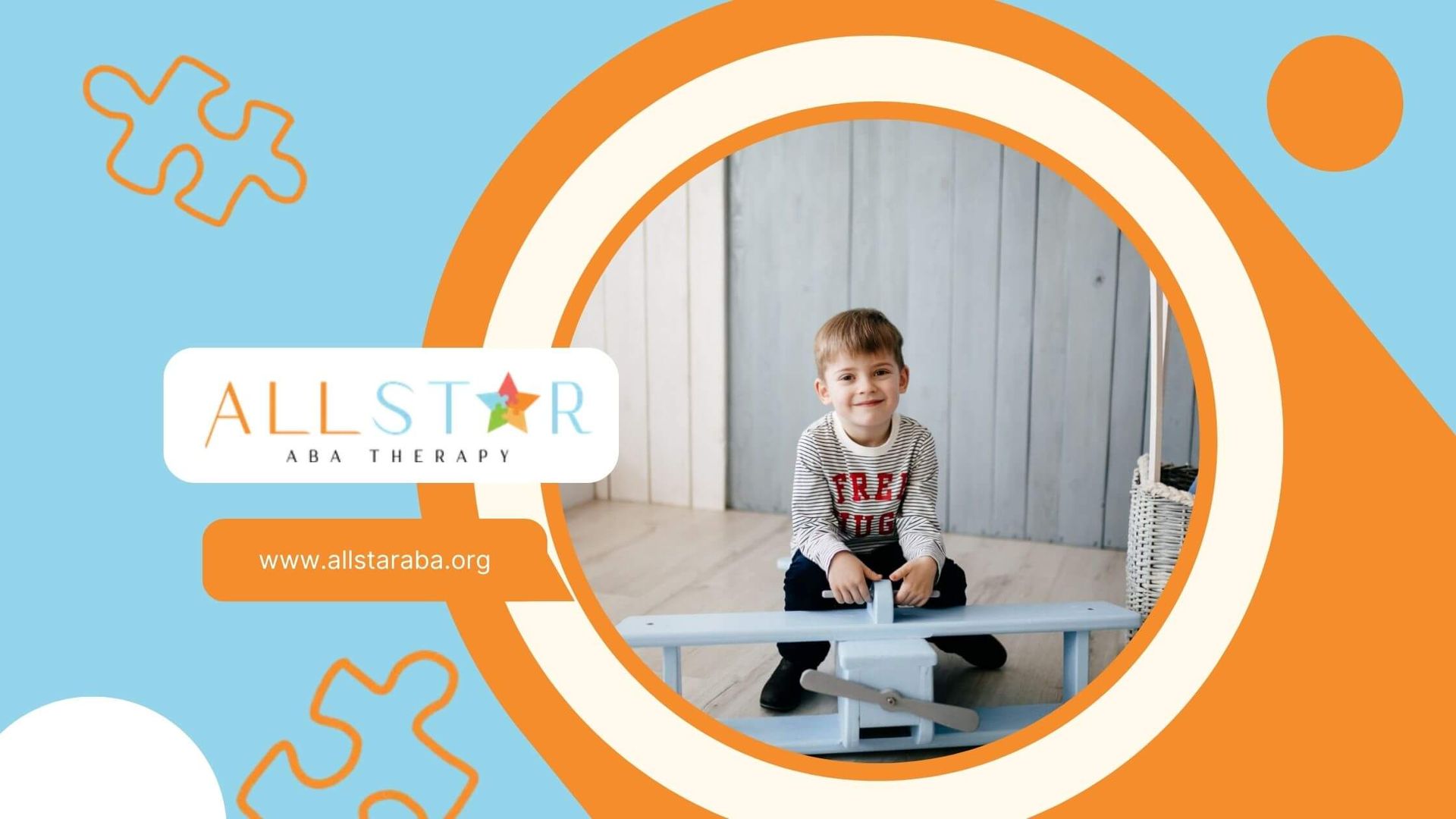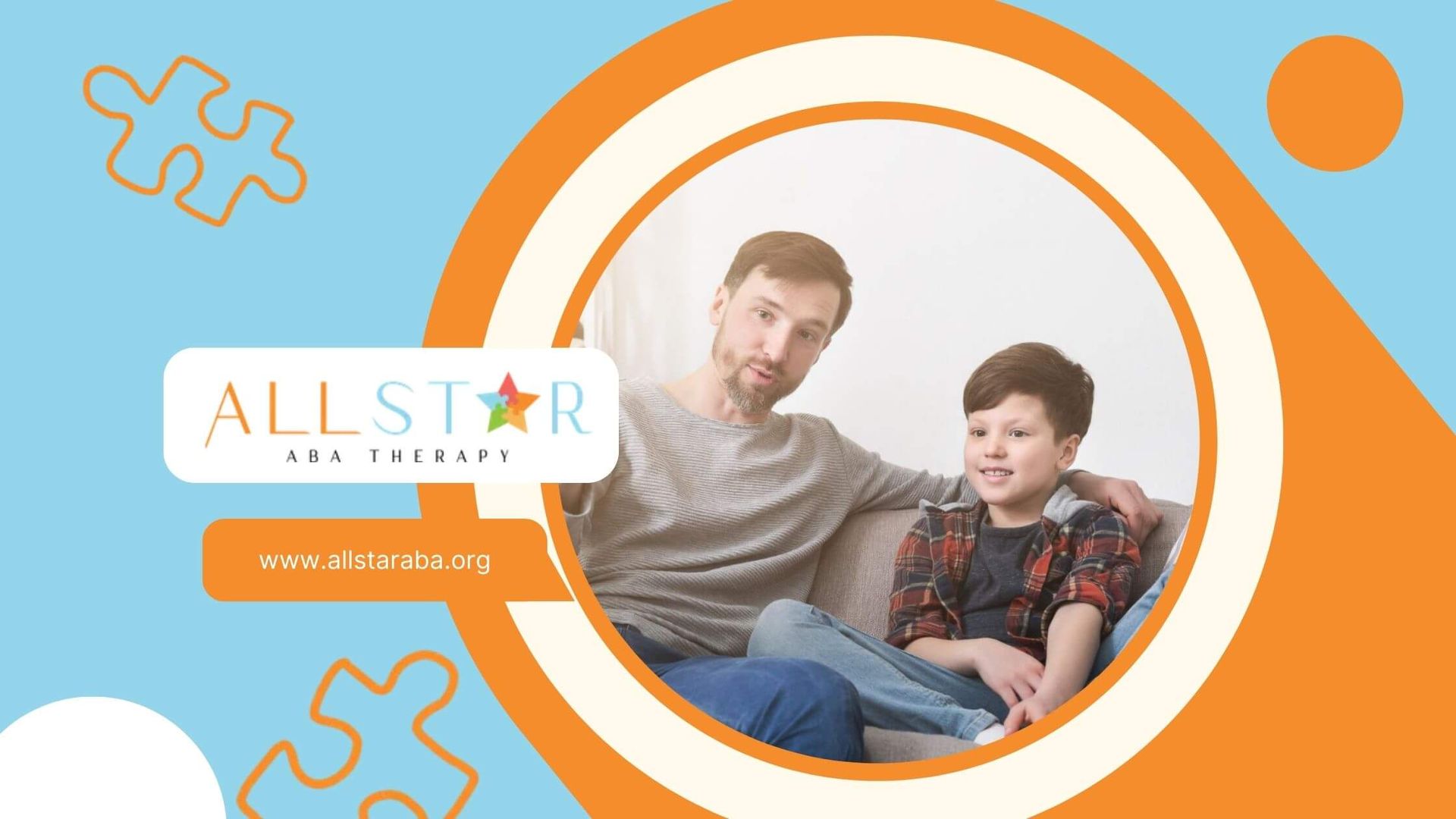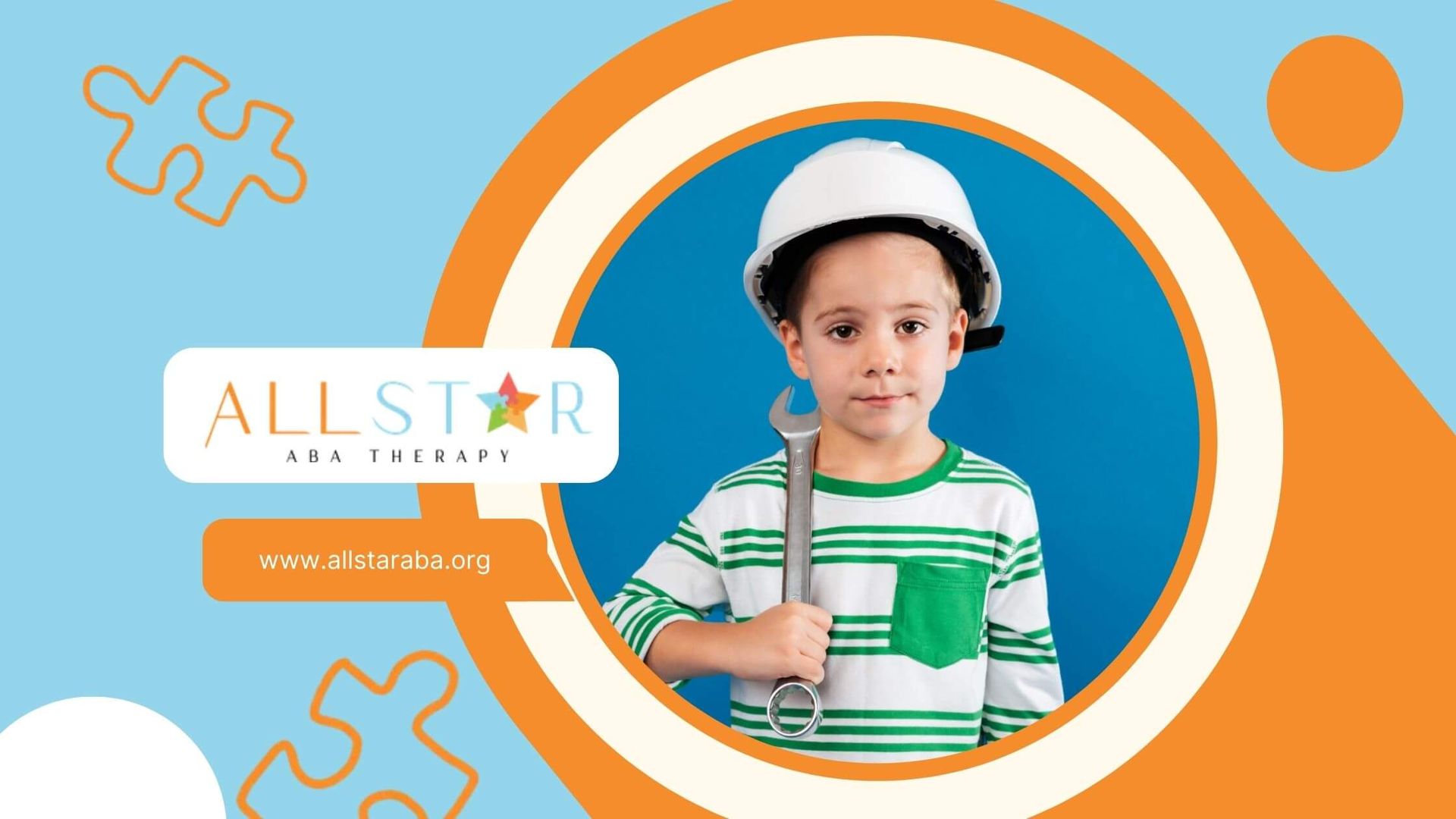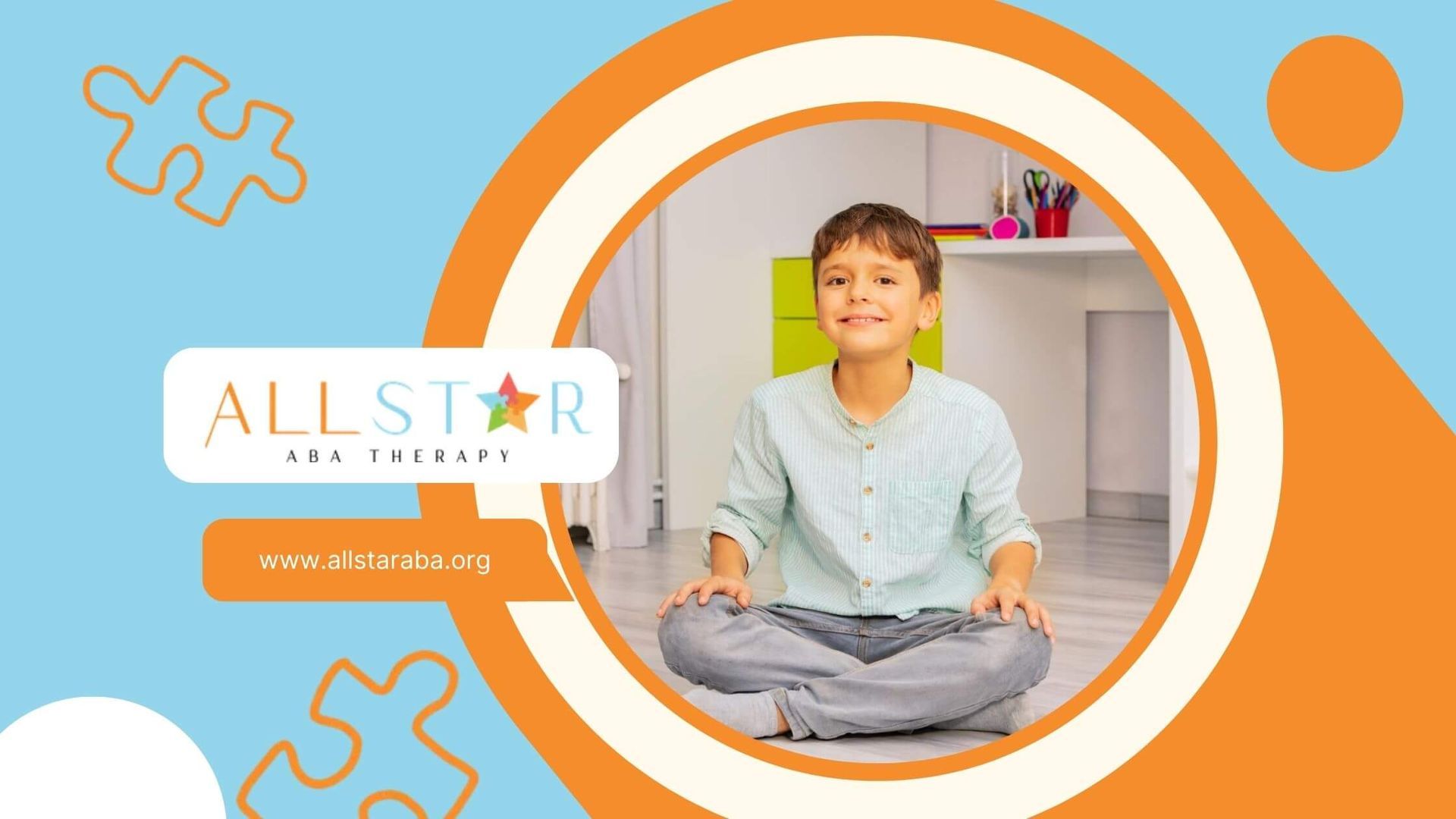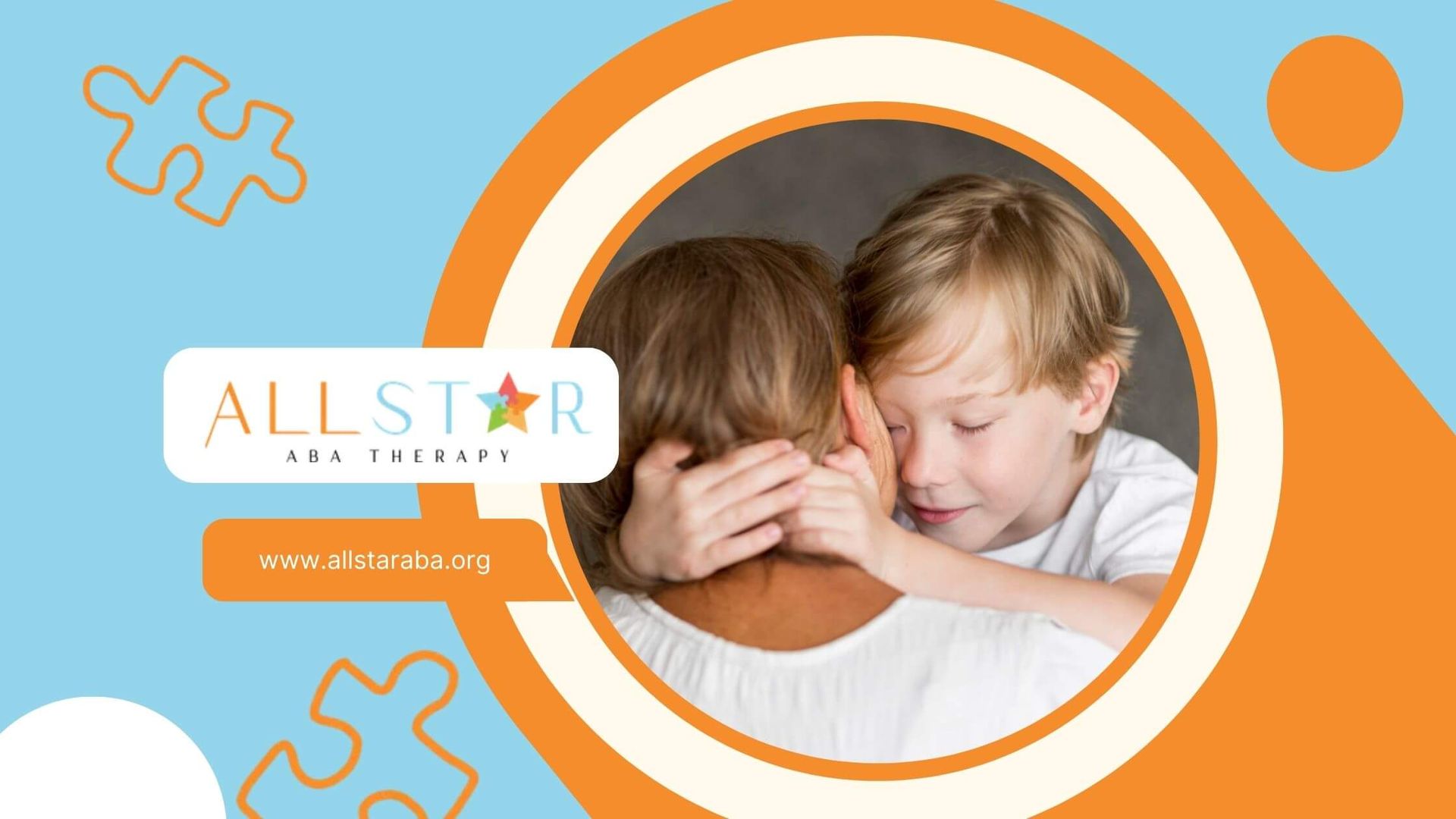New Paragraph
What Is the Difference Between Autism and Sensory Processing Disorder?
Autism Spectrum Disorder (ASD) and Sensory Processing Disorder (SPD) are two distinct neurodevelopmental conditions that often get confused because they share some similar sensory challenges. So, what is the difference between autism and sensory processing disorder?
Autism involves difficulties with social communication, repetitive behaviors (stimming), narrow interests, and challenges interpreting social cues like tone of voice and facial expressions. Many individuals with autism also experience sensory sensitivities, but autism’s core features include broader social and communication difficulties.
Sensory Processing Disorder, on the other hand, primarily affects how the nervous system processes sensory information. People with SPD may be overly sensitive or under-responsive to stimuli like sounds, lights, textures, or movement. SPD can cause challenges with motor coordination, emotional regulation, and behavior in response to sensory input, but it does not include the social or communication difficulties typical of autism.
While about 96% of children with autism also have sensory processing issues, not everyone with sensory processing disorder has autism. Accurate diagnosis is essential because autism and SPD require different intervention strategies.
If you want to understand your child’s unique needs and get expert support, contact All Star ABA in Maryland. Our team specializes in tailored evaluations and therapies to help your family thrive.
Frequently Asked Question
Can a child have both autism and sensory processing disorder?
Yes, many children with autism also experience sensory processing challenges, but SPD alone does not mean autism.
Do sensory issues always mean autism?
No. Sensory processing difficulties can occur independently of autism and have different treatment approaches.
How is autism diagnosed differently from SPD?
Autism diagnosis focuses on social communication and behavior patterns, while SPD diagnosis centers on sensory integration challenges.
Need Support?
We're Here to Help!
Our experienced team is ready to assist you. Reach out today to discuss how we can support your child's development and well-being.
Get started with expert ABA therapy today.



